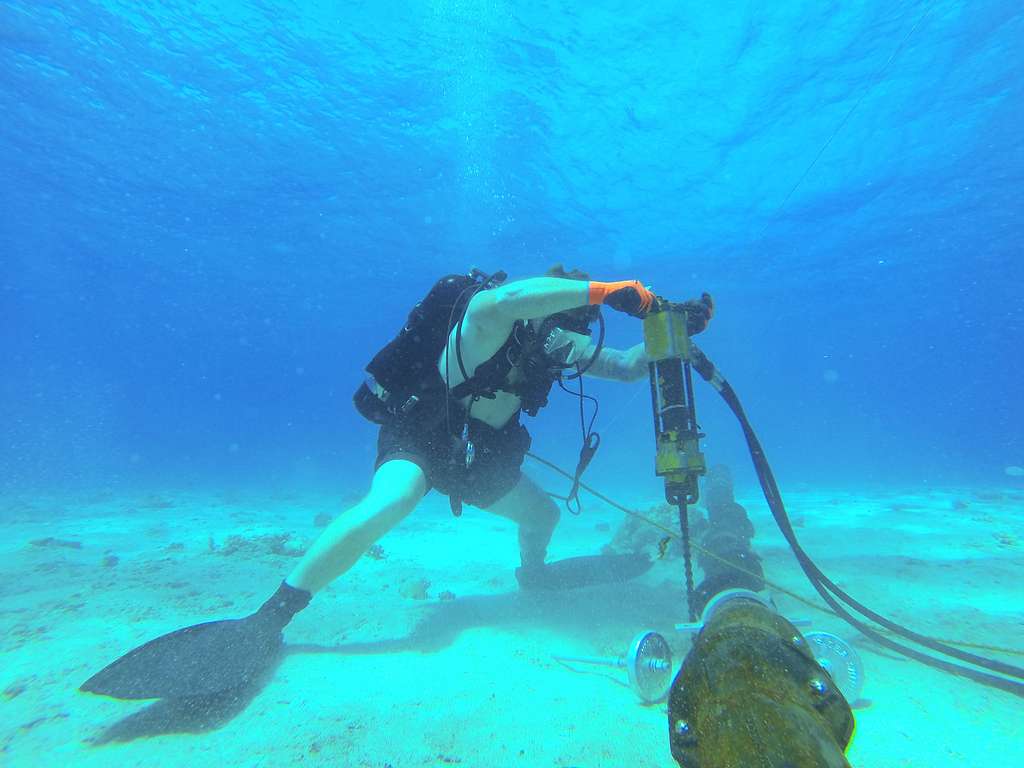 INFRA
INFRA
 INFRA
INFRA
 INFRA
INFRA
Major cables carrying data in the Red Sea, the waterway between Northeast Africa and the Arabian Peninsula that connects Europe with Asia, have reportedly been damaged by Houthi rebels operating from war-torn Yemen.
Israeli news outlet Globes first reported damage to cables on Monday, claiming that the AAE-1, Seacom, EIG and TGN had been damaged. However, not all four have been confirmed as damaged. As of the time of writing, some reports suggest that only three have been damaged, with only subsea cable operator Seacom confirming disrupted services.
According to Submarine Telecom Forums, Seacom has told customers that services were disrupted between Kenya and Egypt following damage to cable in the Red Sea on Feb. 24. That and other cables in the area appear to have also been impacted. Seacom added that it was unable to confirm the cause of the disruption but noted that the location of the cable break is an area with ongoing tensions, making it a challenging environment for maintenance and repair operations.
The Ministry of Communications of the Yemeni government in the capital Sana’a — the name being used by Houthi rebel-held territories in Yemen that are not internationally recognized — has denied responsibility. The rebel government also gave a commitment to guarantee the development of the submarine cable network that passes through the Horn of Africa quadrant.
The damage to the Red Sea cables is not surprising, despite the denials of the Houthis. Telecom firms linked to the officially recognized Yemen government said in January they feared Houthi rebels were planning to sabotage cables in the Red Sea and they now appear to have done so.
So far the main disruption caused by the damage to the cables has been internet issues in Djibouti. But any further attacks could cause more widespread issues. If more go offline, it will likely disrupt internet traffic between Europe and Asia, but would also have global consequences as the data flowing through the region will have to be routed somewhere else and that somewhere could include North America.
THANK YOU